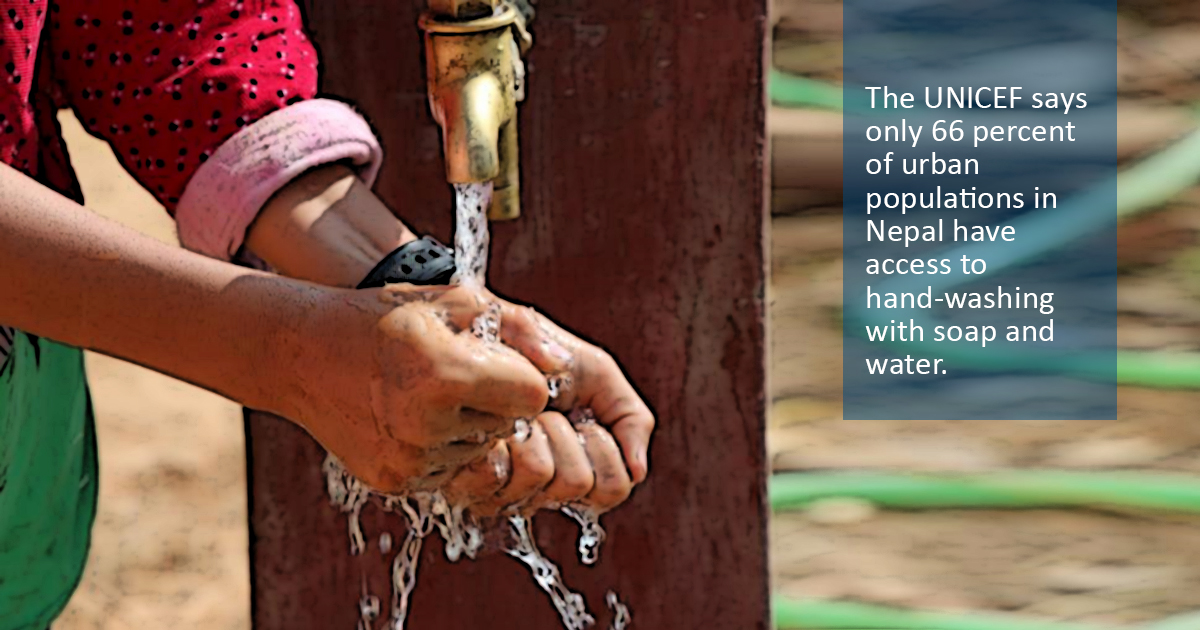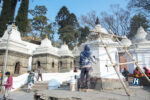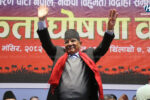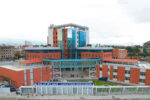KATHMANDU: Around 33 percent of the urban population in Nepal still do not have access to handwashing with soap and water, the United Nations Children’s Fund (UNICEF) has said.
The UN body said this at a time when the international organizations, including the World Health Organization (WHO) have been suggesting people from around the world maintain hand hygiene due to the coronavirus (COVID-19) outbreak.
The UNICEF said only 66 percent of urban populations in Nepal have access to hand-washing with soap and water.
According to the UN agency, only 3 out of 5 people have basic hand-washing facilities globally.
A statement issued by UNICEF said 54 percent of health care facilities have no access to hand-washing facilities in Nepal at point of care.
According to UNICEF, 22 percent of people in urban areas in Central and South Asia, which is about 153 million people, lack access to hand washing.
“Availability of disinfectant at outpatient departments of health care facilities is only 59 percent,” it said adding that the availability of water in delivery rooms at health care facilities is only 69 percent.
The statement further states urban populations are mainly at risk of viral respiratory infections due to population density, frequent public gatherings, and public transport, among others.
According to the UNICEF fact sheet, around 40 percent of the world’s population (around 3 billion people), do not have a hand-washing facility with water and soap at their homes.
This means that about three-quarters of the people in the least developed countries do not have basic hand-washing facilities at home.
It states that around 47 percent of schools lack a handwashing facility with water and soap. This has affected about 900 million school-age children, it added.
According to UNICEF, 22 percent of people in urban areas in Central and South Asia, which is about 153 million people, lack access to hand washing.
It said that around 50 percent of urban Bangladeshis, and 20 percent of urban Indians, lack basic hand-washing facilities at home.
UNICEF, therefore, has suggested a technique to wash hands. It has urged people to wet hands with running water, apply enough soap, scrub all surfaces of the hands (the back of hands, between fingers and under nails) for at least 20 seconds, rinse thoroughly with running water, and dry hands with a clean cloth or single-use towel.









Comment